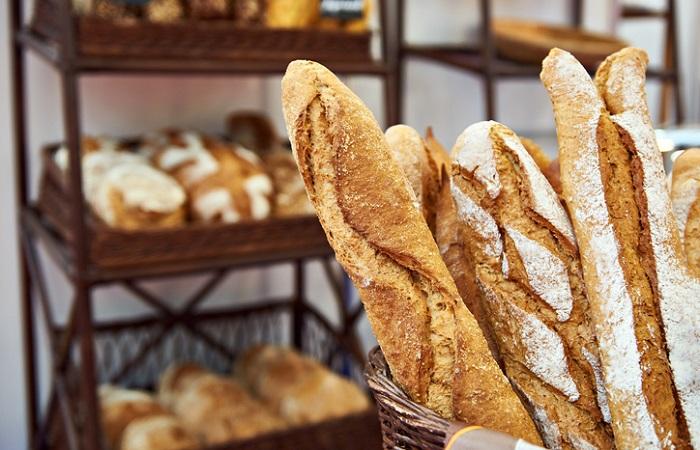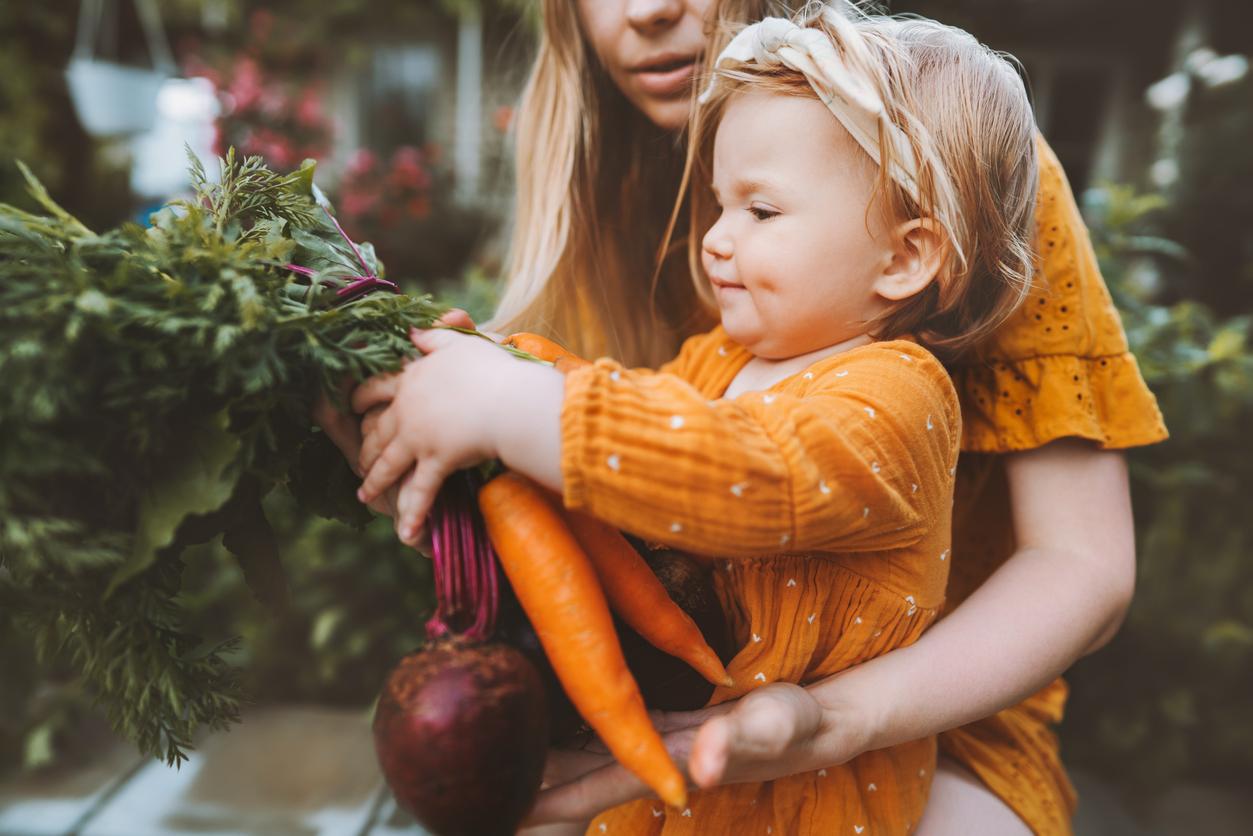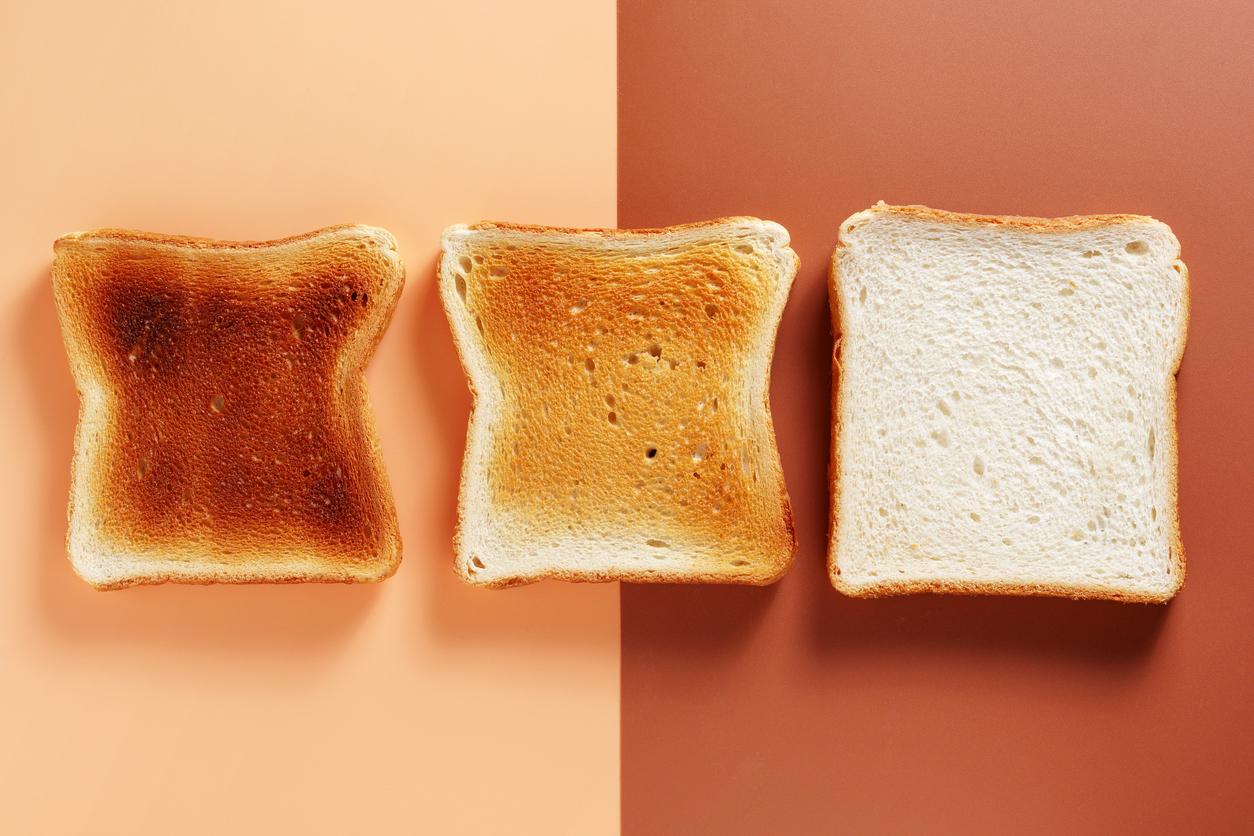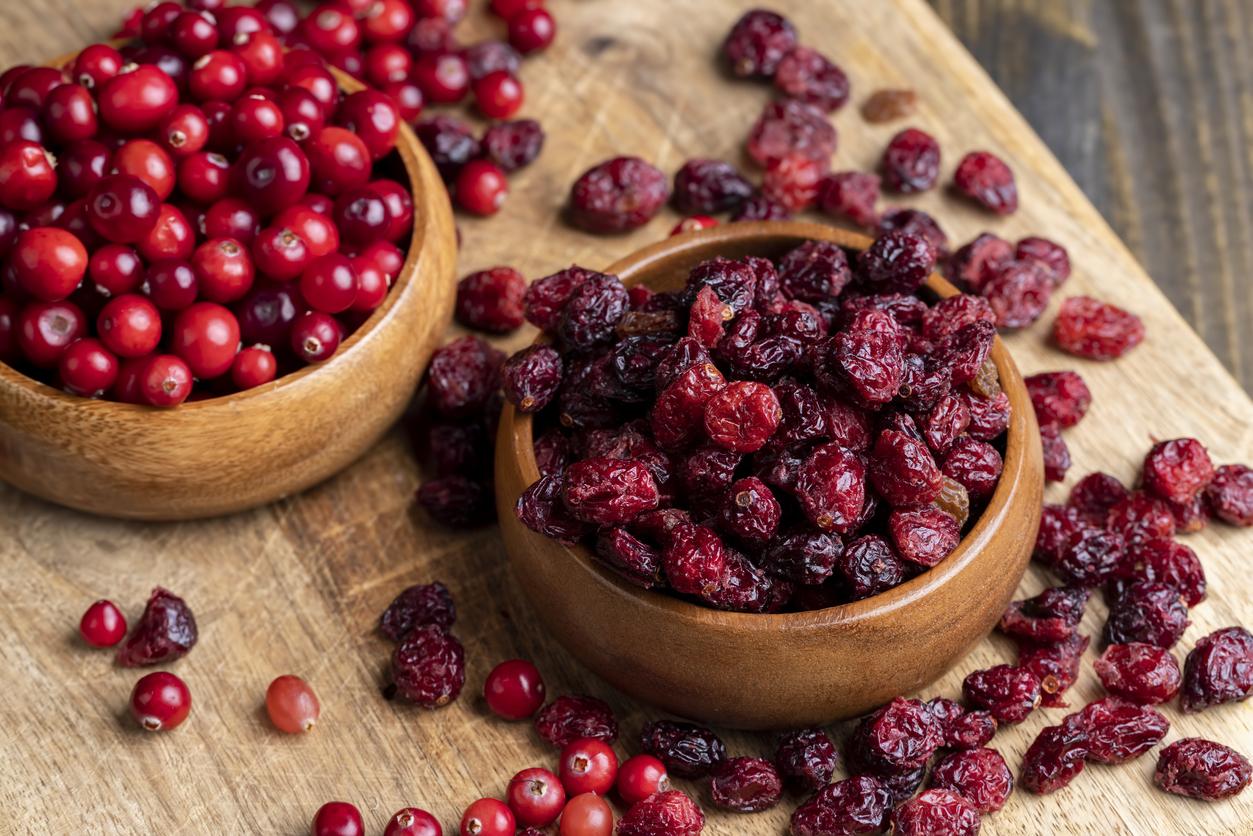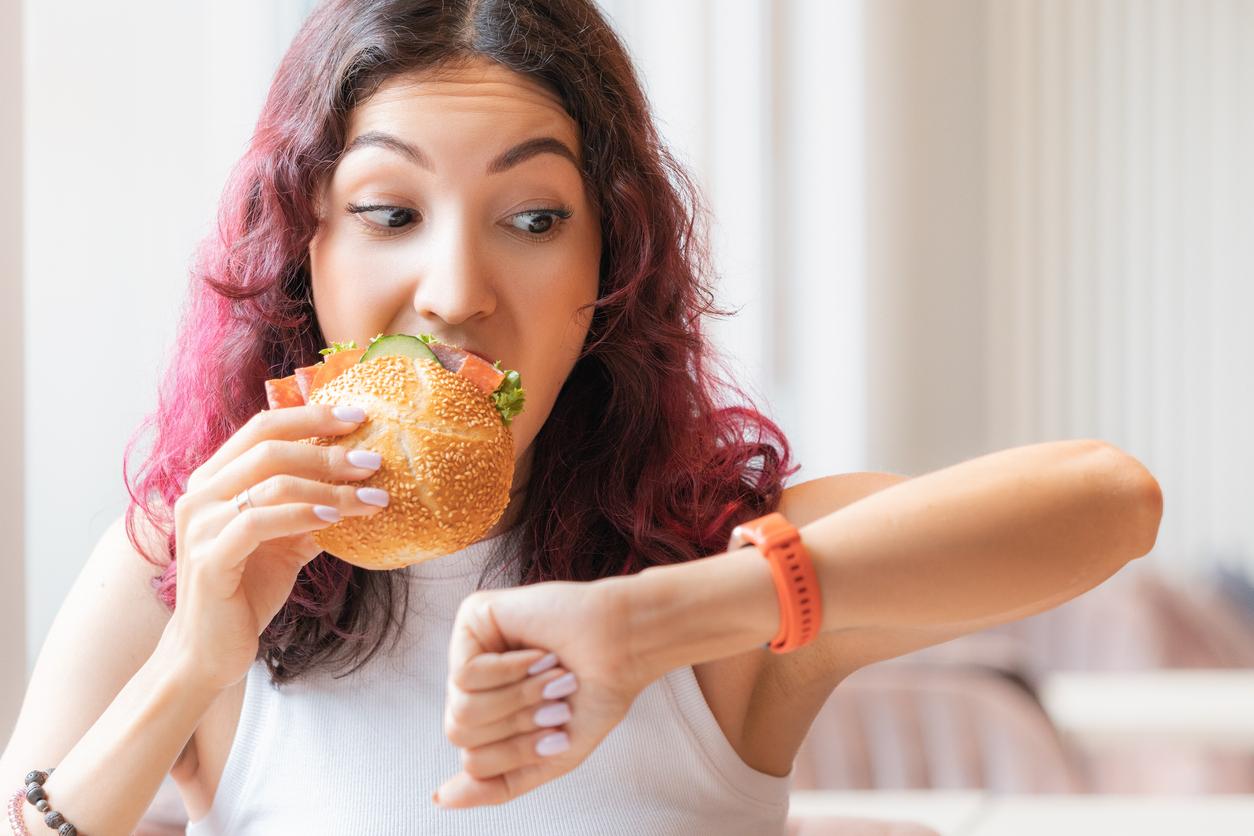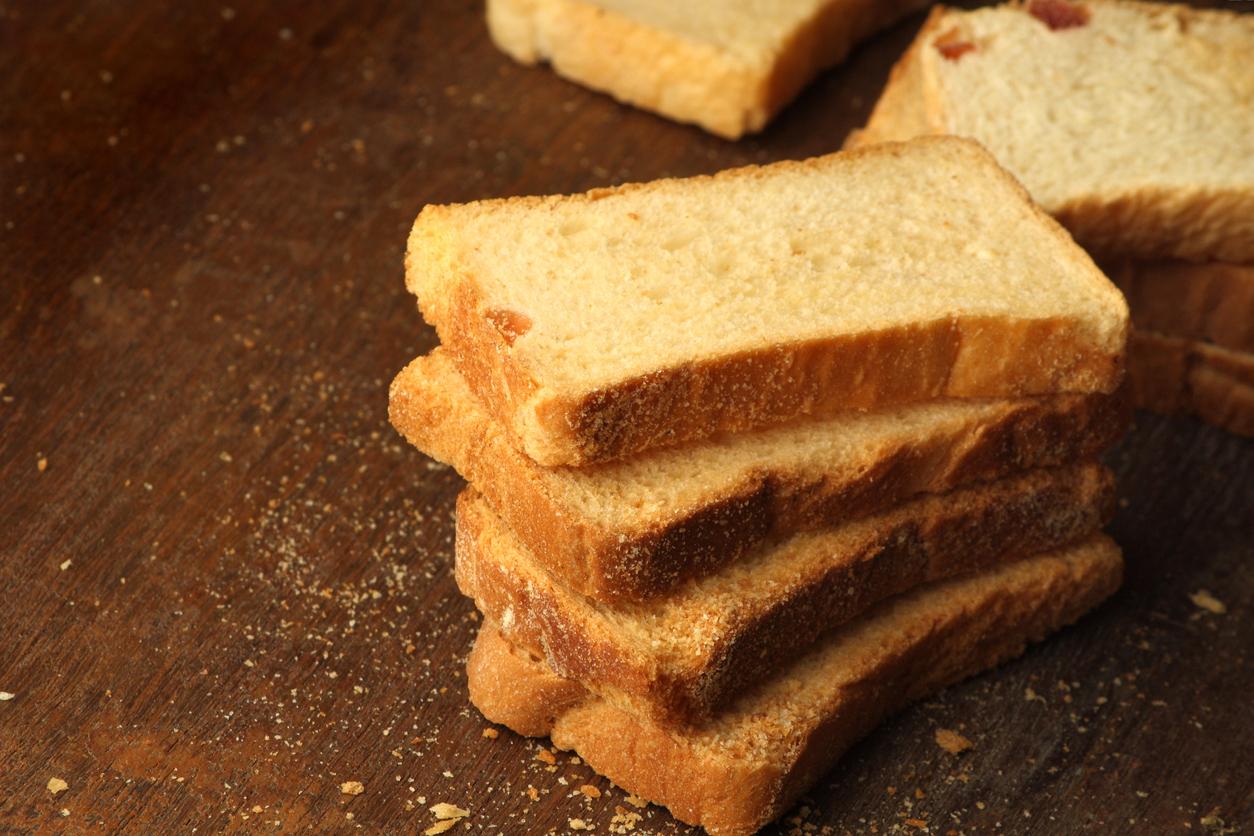
I have a predisposition to gout. Is it wise to eat sourdough bread instead of normal bread because no yeast has been added to it?
Fe
Patricia Schutte, nutritionist
A healthy and varied diet according to the Wheel of Five helps to reduce the risk of a gout attack. It doesn’t matter what kind of bread you eat. Sourdough bread is also a great choice. The most important thing is to choose wholemeal bread or brown bread, because these breads contain many nutrients and have health benefits.
There is no need to avoid bread because it has yeast in it. Yeast is found in both ‘normal’ bread and sourdough bread. The difference is that baker’s yeast is added to normal bread to make it rise; with sourdough bread, this fermentation process takes place spontaneously due to the naturally present yeasts and lactic acid bacteria.
Dietary advice for gout
Gout is treated with medication, supplemented with general rules of life and nutritional advice. You can reduce the risk of a gout attack by following nutritional advice:
- Eat healthy according to the Wheel of Five. With the advice that comes with it, you reduce the risk of a gout attack. The advice below is especially important in this regard.
- Do not drink or be very moderate with alcohol, especially with beer. Alcohol promotes the production of uric acid in the liver and reduces the excretion of uric acid by the kidneys. Beer also increases the amount of uric acid in the blood.
- Limit consumption of sugar-sweetened soft drinks, fruit juices, and foods high in sugar or honey. The fructose present is converted into uric acid.
- Lose weight if you are overweight. A weight loss of 5 to 10% already ensures that less uric acid is produced. But don’t lose weight too quickly, because this will cause the uric acid level to rise again. A good guideline: 0.5 to 1 kilo per week.
- Drink 2 to 3 liters of fluid per day. Because more urine is produced, your kidneys remove uric acid more quickly. Evenly distribute the drinking moments throughout the day and evening.
Do you also have a question? Then ask one of our experts. Always go to your doctor with urgent questions, the experts are not the right person for that. They don’t diagnose either. The other conditions can be found here.
Patricia Schutte has been working as an information officer at the Nutrition Center in The Hague for more than 25 years. She answers questions about healthy, sustainable and safe food.











